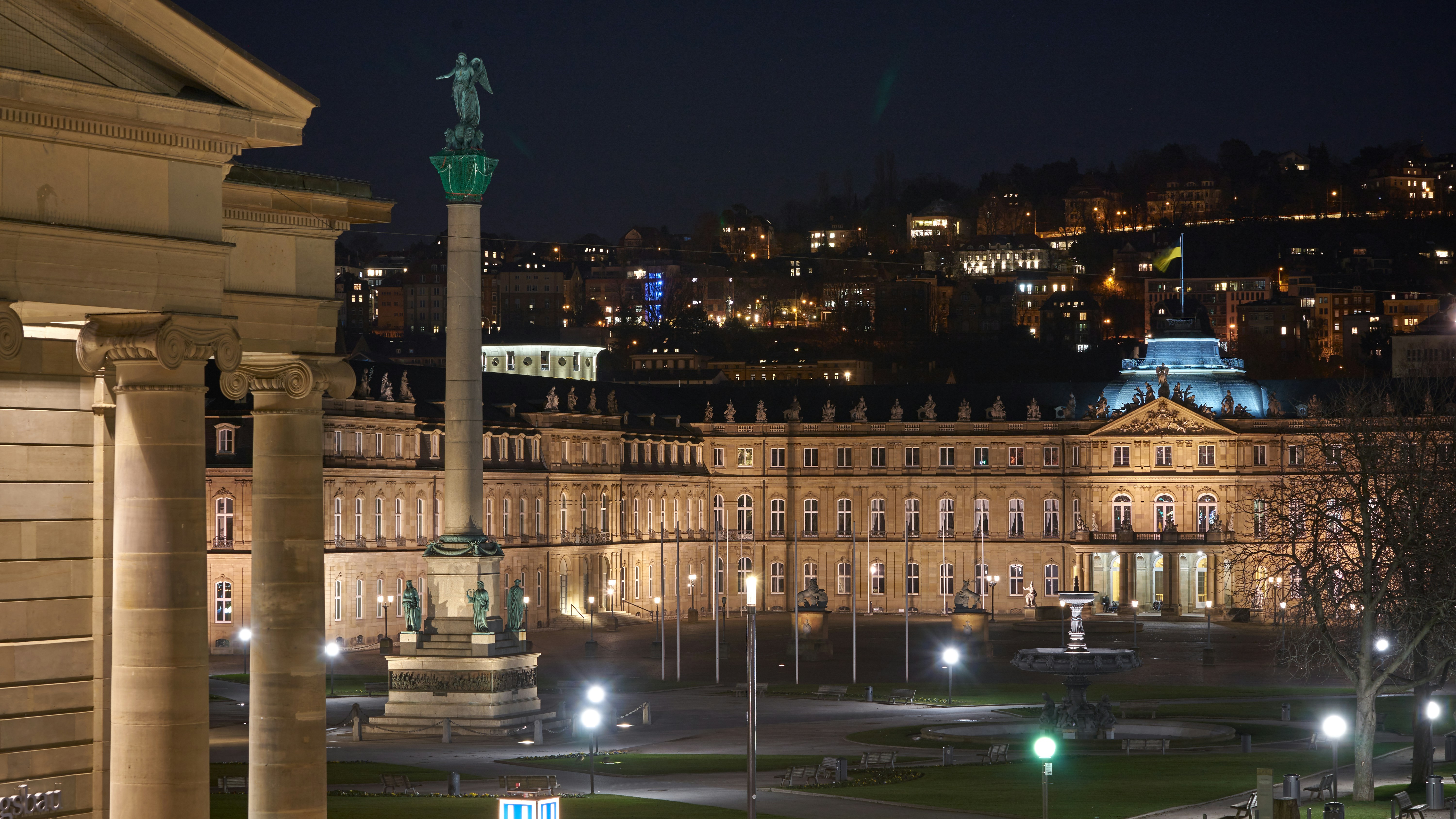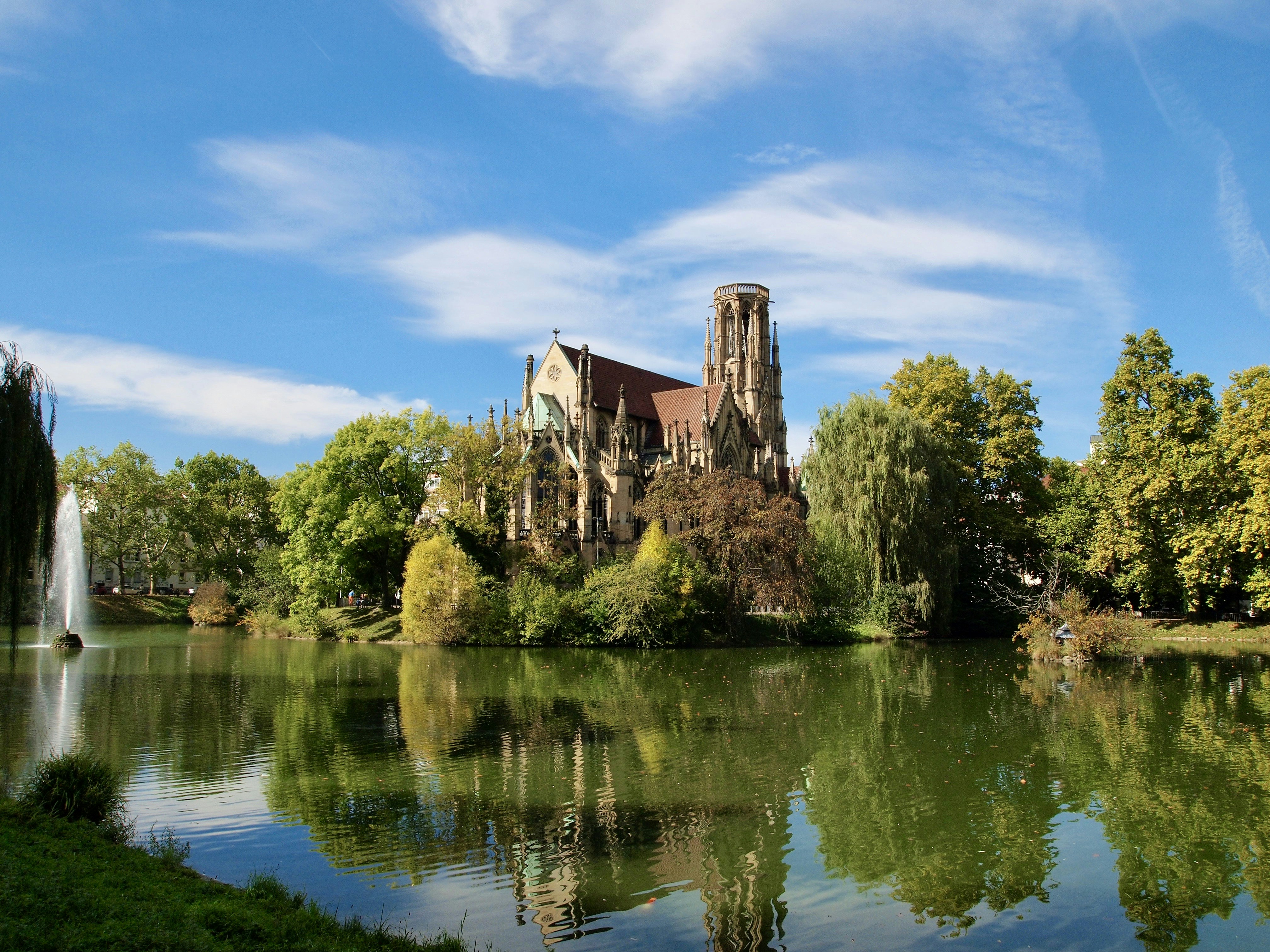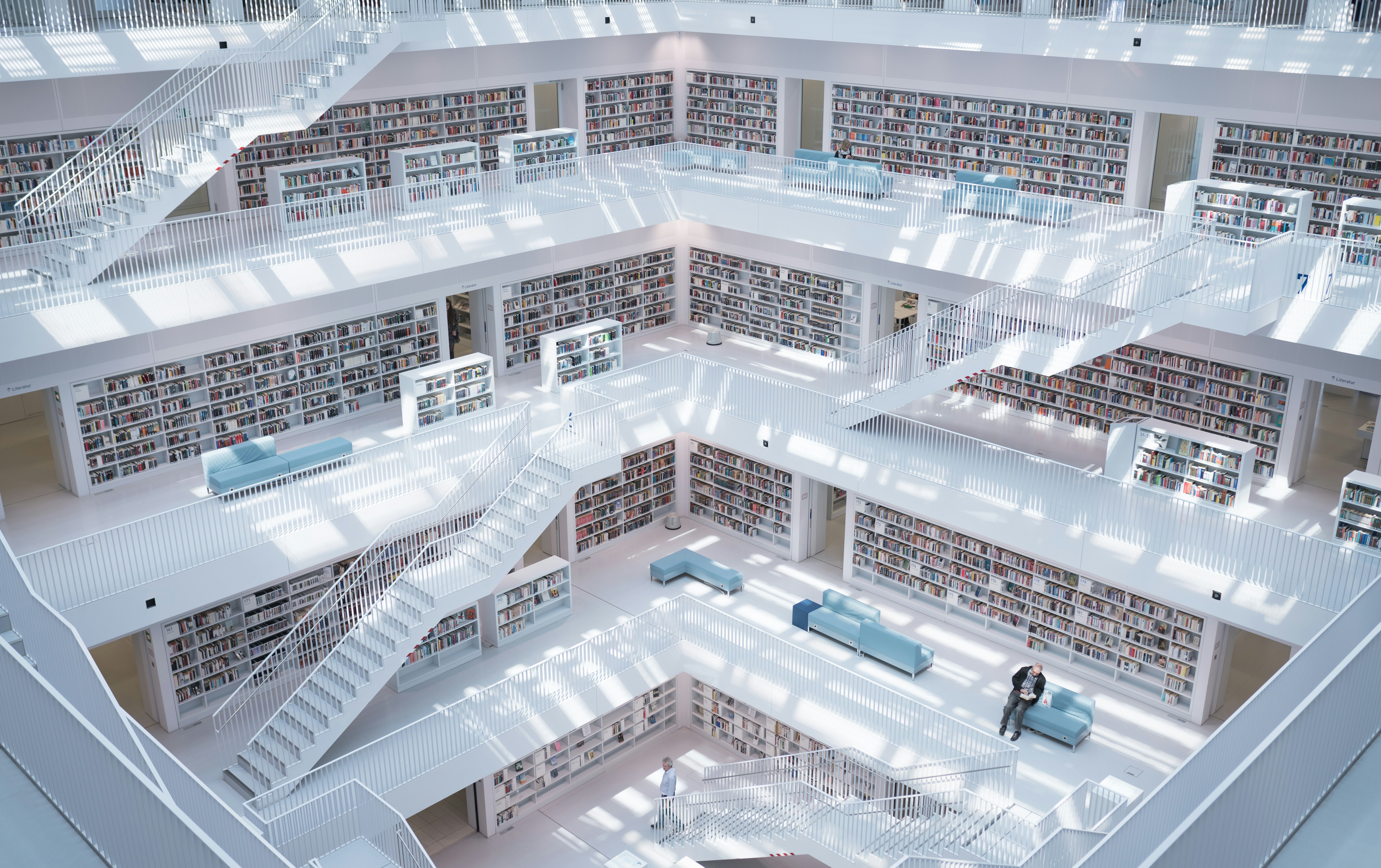The purpose of the conference is to bring together applied and computational mathematicians working on various aspects of electronic structure calculation which is subject to finding the state of the electrons for molecular systems.
Electronic structure calculation has many applications in computational chemistry, condensed matter physics, and material science and is related to many challenges of the 21st century, e.g., drug design, energy materials, and quantum computing. Electronic structure calculation comprises different methods, such as wave-function-based methods, Density Functional Theory (DFT), or Quantum Monte Carlo methods which are all derived from the electronic Schrödinger equation.
This conference addresses the mathematical community working on such problems which involves mathematical physics, analysis of PDEs, numerical analysis, numerical methods, and scientific computing. The conference will be a platform to discuss the recent progress in the field and also intends to foster interactions between these different branches of Mathematics.
Program
Preliminary program and practical information can be found here.
The tutorial sessions will take place on September 16. The scientific talks will take place on September 17-20.
The conference will start on Monday 10:45 and will finish on Friday 13:00. Friday afternoon is reserved for discussion..
You have the opportunity to contribute to the conference by presenting a poster. If you plan to bring a poster, please indicate your intention during the registration process.
Venue
The workshop will be held at the University of Stuttgart, Campus Vaihingen:
Universität Stuttgart
Room 0.009
Pfaffenwaldring 5a
70569 Stuttgart-Vaihingen
Directions
Hotel
Participants are responsible for their hotel booking. Nevertheless, we reserved a quota of rooms in Motel ONE Stadtmitte at a fixed rate (109€ per night excluding breakfast). To benefit from this offer, you have to:
- Register to the conference before 15.07.2024.
- Fill the form which is attached to the registration confirmation email.
- Send the form to the hotel before the 22.07.2024.
- Wait for confirmation from the hotel.
Registration
We kindly request a modest participation fee (75€ early-bird, 100€ otherwise) to cover some expenses of organizing this event.
Important deadlines:
-15.07.2024: Early bird registration and voucher for hotel booking at a fixed rate
-30.08.2024: End of registration period
We look forward to welcoming you!
Local organizers
- Benjamin Stamm (Universität Stuttgart)
- SimTech Cluster of Excellence
Social dinner
There will be a conference dinner on Wednesday evening September18, 2024 (included in the conference fee).
Practical information
Getting a visa
During the registration process, attendees requiring a visa to travel to Germany can request a formal invitation letter.
History of the conference
Previous editions of this conference were held in China, Germany, and France
• 2012: Beijing, China
• 2014: Berlin, Germany
• 2016: Roscoff, France
• 2019: Suzhou, China
Confirmed speakers
- Ali Alavi (Max Planck Institute for Solid State Research and Cambridge University)
- Paul Cazeaux (Virginia Tech)
- Huajie Chen (Beijing Normal University Beijng)
- Xiaoying Dai (Chinese Academy of Sciences)
- Mi-Song Dupuy (Sorbonne Université)
- Geneviève Dusson (CNRS and Université Bourgogne Franche-Comté)
- Jürgen Dölz (University of Bonn)
- Virginie Ehrlacher (CERMICS - Ecole des Ponts ParisTech and INRIA)
- Di Fang (Duke University)
- Fabian Faulstich (Rensselaer Polytechnic Institute)
- Gero Friesecke (TU München)
- Louis Garrigue (Cergy Paris Université)
- Muhammad Hassan (EPFL)
- Michael Herbst (EPFL)
- André Laestadius (Oslo Metropolitan University)
- Salma Lahbabi (Université Hassan II de Casablanca)
- Antoine Levitt (Université Paris-Saclay)
- Yingzhou Li (Fudan University)
- Filippo Lipparini (Università di Pisa)
- Daniel Massatt (Louisiana State University)
- Agnieszka Miedlar (Virginia Tech)
- Reinhold Schneider (TU Berlin)
- Tatjana Stykel (University of Augsburg)
- Chao Yang (Lawrence Berkeley National Laboratory)
Scientific commitee
- Eric Cancès (Ecole des Ponts ParisTech and INRIA Paris)
- Yvon Maday (Sorbonne Université)
- Harry Yserentant (Technische Universität Berlin)
- Aihui Zhou (Academy of Mathematics and Systems Science, Chinese Academy of Sciences)
What to do in Stuttgart
- Schlossplatz and the city center. At the heart of Stuttgart, Schlossplatz is an enchanting square dominated by the Altes Schloss (Old Castle) and the Neues Schloss (New Castle), both historic landmarks. The Altes Schloss houses the Landesmuseum Württemberg, where you can delve into the region's cultural heritage.
- Marienplatz and the zahnradbahn. Marienplatz is a charming square, and the Zahnradbahn is a cogwheel train providing a unique and scenic way to explore Stuttgart's hilly terrain.
- Mercedes-Benz museum. A striking architectural marvel, the museum showcases the evolution of automobiles and the fascinating history of the Mercedes-Benz brand.
- Wilhelma zoological and botanical garden. One of Germany's oldest zoos, Wilhelma offers a diverse collection of animals and plants, providing visitors with a comprehensive experience of nature and wildlife.
- Stadtbibliothek. Nestled in the modern surroundings of Mailänder Platz, Stuttgart's Stadtbibliothek stands as a striking architectural gem.
- TV tower. The Stuttgart TV tower, known as Fernsehturm, provides panoramic views of the city and surrounding landscapes from its observation deck. Go there only on a clear day!
- Schloss Solitude and the forest. A baroque-style palace, Schloss Solitude, is conveniently reachable with a one-hour walk through the forest from the conference venue.
- Bad Cannstatt. This picturesque district is known for its mineral springs and the Cannstatter Wasen, hosting the second-largest beer festival in the world, the Cannstatter Volksfest.
Sponsors
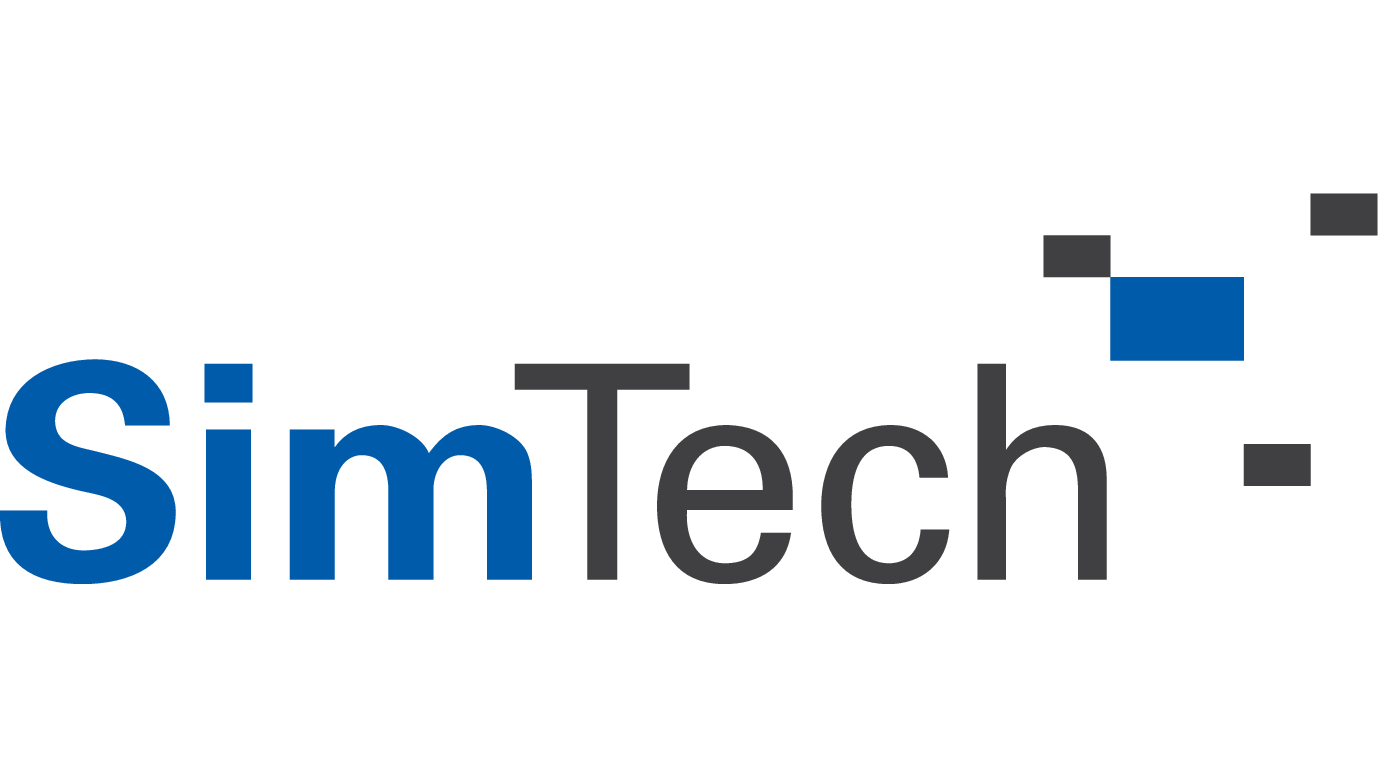

Contacts
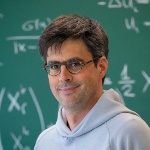
Benjamin Stamm
Prof. Dr.Head of Group
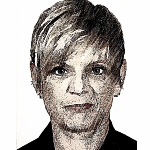
Brit Steiner
Secretary's Office IANS NMH and NM



